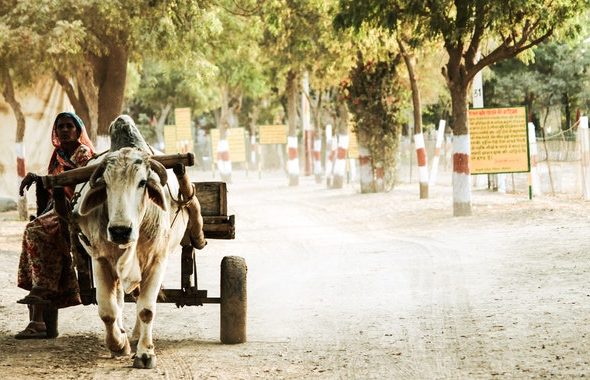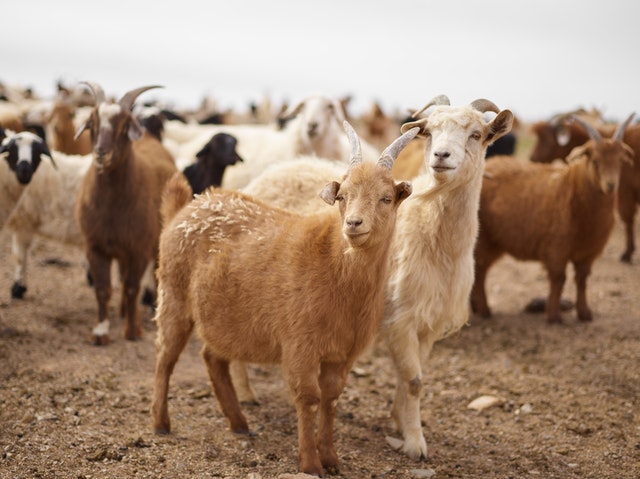Why should people in Sweden care about diseases in livestock in low- and lower-middle-income countries?
This is a question that I have been asked on numerous occasions ever since I started my doctoral studies, researching diseases of sheep and goats in Zambia and Tanzania. While my opinion might be biased from working with livestock health, there is no doubt in my mind when I answer this question.
Ever since domestication thousands of years ago, livestock have played a substantial role in human development. It is evident that society as we know it today would not exist without livestock. These species do not only put food on our tables. They are also integral sources of income for both commercial and traditional farmers across the world. For all this, a good state of health is a prerequisite. Ensuring good livestock health should therefore be a focus in any development agenda.
Many imagine that healthier livestock mainly mean improving the efficiency of delivering livestock products, which is a critical response to the increasing demand for animal-derived foods. However, as we will see, healthy livestock is not just about producing more food. It is essential for a healthy society as a whole.
Throughout much of the world, livestock are cornerstones in people’s lives, and their role is perhaps especially important for the poor in the Global South. It has been estimated that roughly 70% of the rural poor are partially or completely dependent on livestock (1). In addition to yielding a source of household income, they can transform grass and foliage growing on non-arable lands into meat, milk and eggs, etc., containing high levels of important proteins, nutrients and micronutrients, which are essential to healthy development, disease prevention, and wellbeing. Hides and fibres from livestock are widely used as building materials, and their manure as fuel and fertilisers. Larger livestock species often play important roles as draught animals, for example when transporting goods and cultivating fields. As livestock ownership is often less restricted than land ownership, livestock can play important roles for vulnerable groups in society, such as women, youth, and members of marginalised ethnic groups. Livestock can hence contribute to alleviating poverty, reducing hunger, and improving societal equality.
“In our village, we do not have banks, the goats are our bank accounts.” These are the words of a goat farmer in northern Zambia. In addition to generating revenue, farmers who invest in livestock also acquire a means to store their wealth until urgent need, similar to bank accounts in the Western world. The way this works is that the farmer can sell animals when in need of money, for example, to pay hospital bills or to buy fertilisers for the crop fields. Also, the sale of livestock is often used to pay school fees, and as such, these animals help farmers put their children through school.

